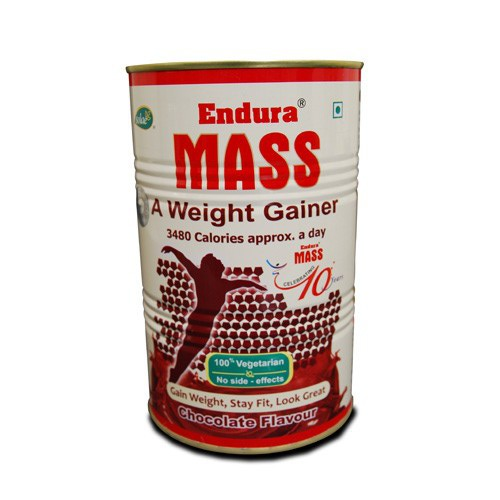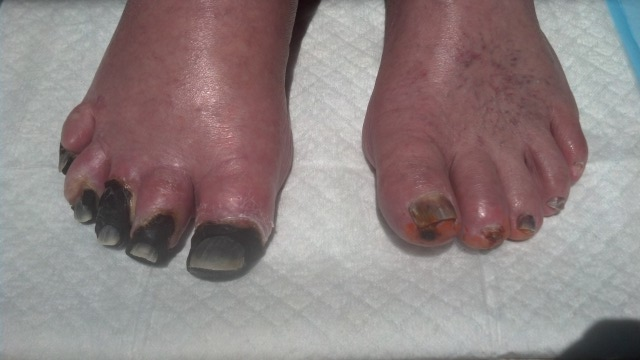Vitamin D How Much Too Much?
* Hypercalcemia: This is a condition in which there is too much calcium in the blood. Symptoms of hypercalcemia can include nausea, vomiting, constipation, muscle weakness, and kidney stones.
* Soft tissue calcification: This is a condition in which calcium builds up in soft tissues, such as the heart, lungs, and kidneys. Soft tissue calcification can lead to organ damage.
* Kidney damage: Vitamin D helps the body absorb calcium from the intestines. Too much vitamin D can lead to increased calcium absorption, which can put a strain on the kidneys and eventually lead to kidney damage.
* Heart problems: Vitamin D may play a role in heart health, but too much vitamin D can actually increase the risk of heart problems, such as heart attack and stroke.
* Cancer: Some studies have suggested that too much vitamin D may increase the risk of certain types of cancer, such as prostate cancer and breast cancer.
The tolerable upper intake level (UL) for vitamin D is 4,000 IU per day for adults. However, some people may need to take higher doses of vitamin D to treat a vitamin D deficiency or a medical condition. If you are taking a vitamin D supplement, talk to your doctor about how much vitamin D you need to take and what the risks are.
-
Serotonin connection to weight loss
QuestionIf antidepressants increase levels of Serotonin, and incr
-
Reply to your question
QuestionHi Cari! I originally weighed about 350-360. I went down
-
starch
QuestionQUESTION: Hi I just recently bought a nice juicer and i w
-
Nutrilite?
QuestionHello! I am wondering your opinion on Nutrilite? I am not
-
Food processing and vitamin preservation
QuestionHello My question is, does cooking destroy the vitamin c
-
fish diet
QuestionI love fish, and have eaten tuna and salmon for years. Ho



